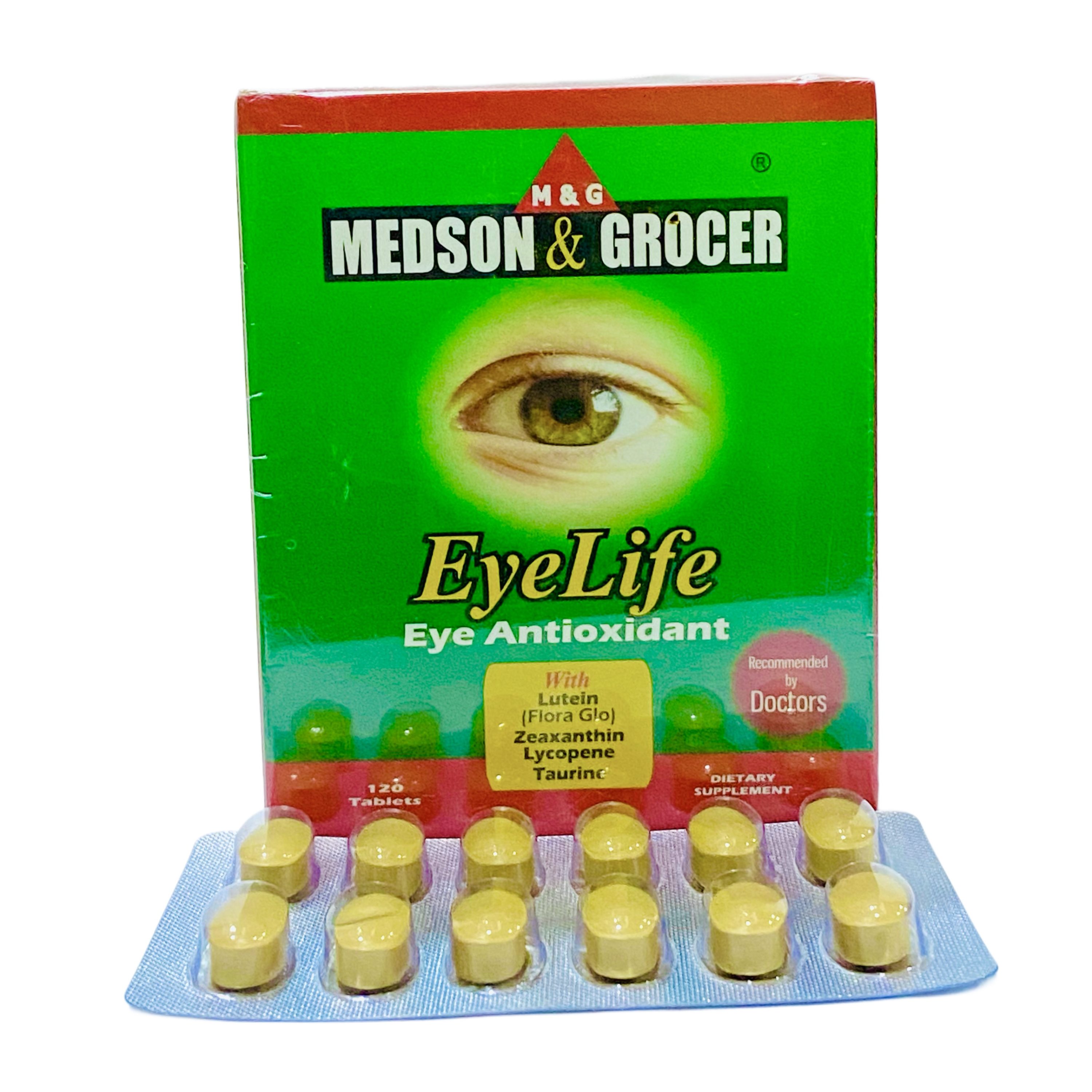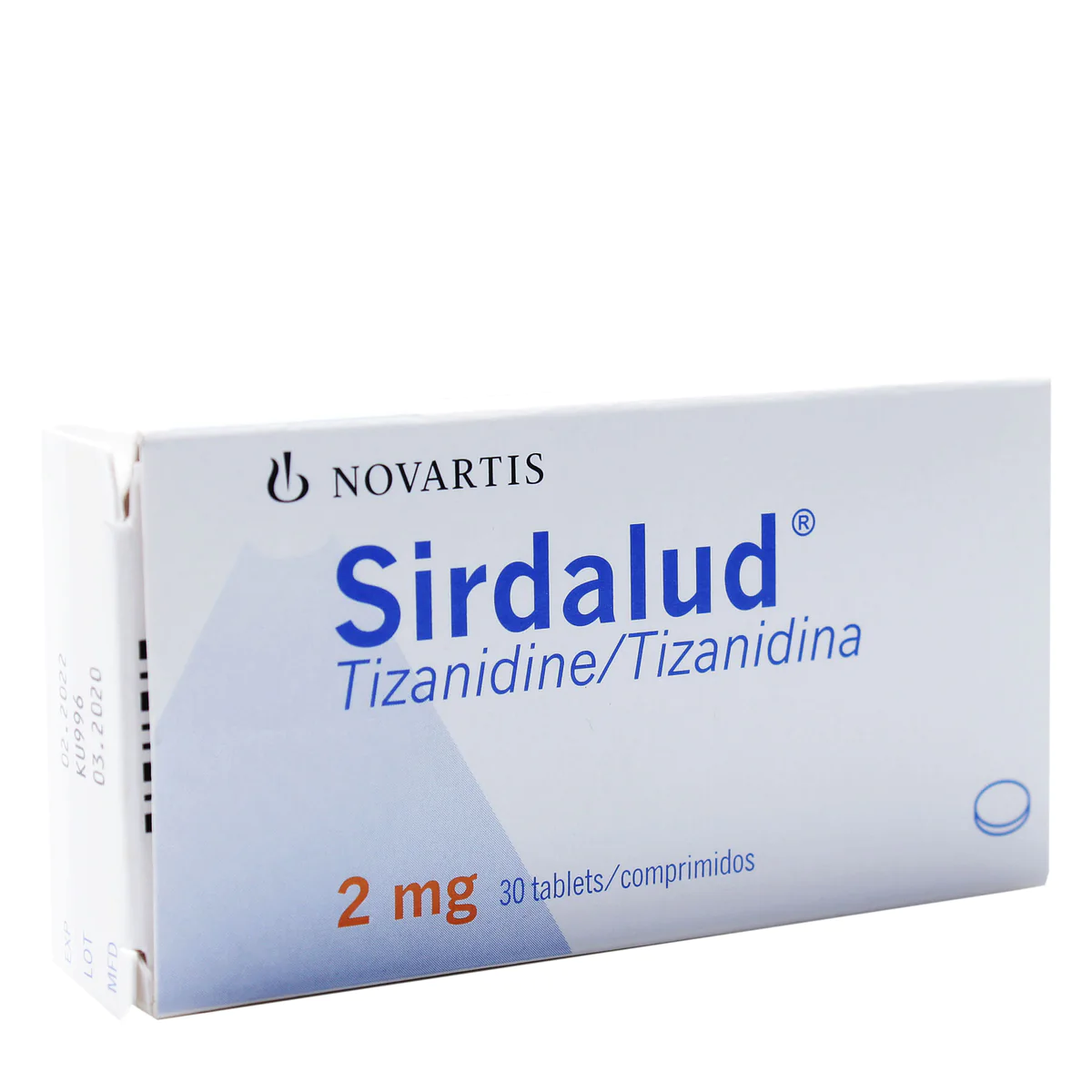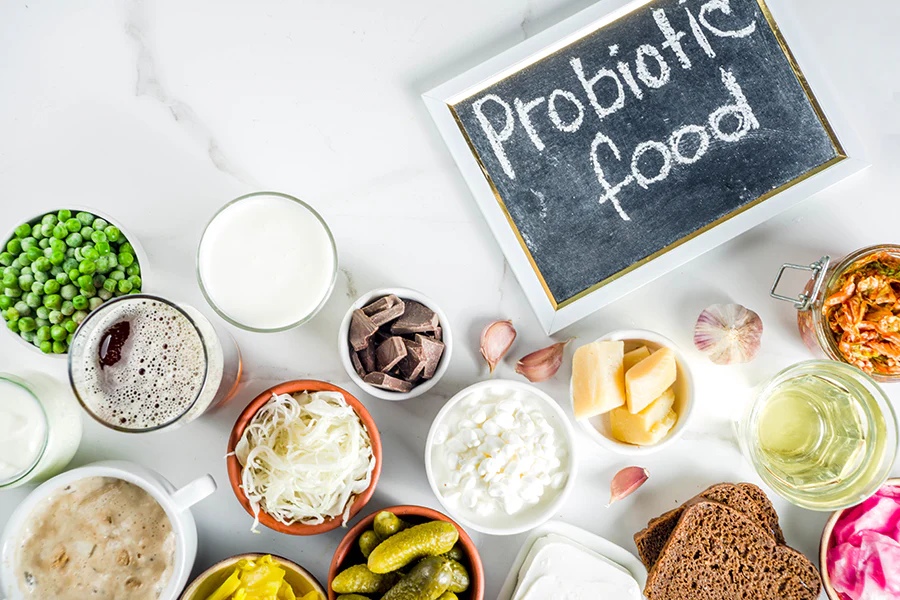Probiotics have become increasingly popular as more people turn to natural supplements to improve their health. These live bacteria and yeasts, often called “good” or “friendly” bacteria, are essential for maintaining a healthy gut. But their benefits extend far beyond digestion, impacting various aspects of physical and mental health. Here’s a comprehensive look at why probiotics matter and how they can support your well-being.
What Are Probiotics?
Probiotics are live microorganisms that, when consumed in adequate amounts, provide a health benefit to the host. They are found naturally in foods like yogurt, kefir, sauerkraut, and other fermented items, as well as in supplements. The most common strains of probiotics include Lactobacillus and Bifidobacterium, but there are many types, each with unique benefits.
Why Are Probiotics Important for Health?
Your gut is home to trillions of bacteria, collectively known as the microbiome, which play a vital role in various bodily functions. Maintaining a balance between “good” and “bad” bacteria in the gut is crucial for overall health, and that’s where probiotics come in. They help to restore and maintain this balance, which can become disrupted by poor diet, illness, or antibiotics.
Benefits of Probiotics for Digestive Health
One of the primary reasons people take probiotics is to support their digestive system. Here are a few ways probiotics promote gut health:
- Enhancing Digestive Function
Probiotics help break down food and aid nutrient absorption. For those with digestive issues like irritable bowel syndrome (IBS) or inflammatory bowel disease (IBD), probiotics can alleviate symptoms such as bloating, gas, and abdominal pain by improving the gut environment. - Preventing and Managing Diarrhea
Certain probiotics, especially Saccharomyces boulardii and Lactobacillus rhamnosus, are effective in treating diarrhea caused by infections or antibiotics. Antibiotics can sometimes disrupt the natural balance of bacteria in the gut, leading to diarrhea. Taking probiotics can restore this balance and reduce symptoms. - Supporting Regularity
Probiotics can help manage constipation by promoting the regularity of bowel movements. By balancing the bacteria in the colon, probiotics can also make bowel movements softer and easier to pass.
Beyond Digestion: Additional Health Benefits of Probiotics
While probiotics are most known for their impact on digestion, they also support other aspects of health:
- Boosting the Immune System
A significant portion of the immune system resides in the gut, so a balanced microbiome is essential for immune health. Probiotics can enhance the body’s immune response by promoting the production of antibodies and strengthening the gut barrier, which helps prevent pathogens from entering the bloodstream. - Mental Health and Mood
Recent research highlights a powerful connection between the gut and the brain, often referred to as the “gut-brain axis.” Certain probiotics can influence the production of mood-regulating neurotransmitters like serotonin. Studies suggest that probiotics may alleviate symptoms of anxiety and depression, providing a natural approach to mental well-being. - Reducing Inflammation
Chronic inflammation is linked to many diseases, including heart disease and diabetes. Some probiotic strains have anti-inflammatory properties that help reduce markers of inflammation, potentially lowering the risk of these conditions. - Skin Health
An imbalance in gut bacteria can manifest as skin issues, including eczema and acne. Probiotics may help reduce these skin problems by restoring gut balance, which can improve skin health over time.
Choosing the Right Probiotic for You
Not all probiotics are the same, so it’s essential to choose a strain that suits your health needs. Here are a few tips for selecting the right probiotic:
- Check the Strain: Different probiotic strains offer different benefits. For example, Lactobacillus acidophilus is commonly used for digestive health, while Bifidobacterium lactis is known to support immune function.
- Consider the CFU Count: Colony-forming units (CFUs) indicate the number of live bacteria in a supplement. Higher CFU counts (often in the billions) may offer more benefits, but the right dosage depends on individual needs and health conditions.
- Look for Quality and Shelf-Stability: Choose products that guarantee live cultures and are from reputable brands. Some probiotics require refrigeration, while others are shelf-stable. Always check storage instructions.
Are Probiotics Safe for Everyone?
For most people, probiotics are safe and beneficial. However, those with weakened immune systems or underlying health conditions should consult their healthcare provider before starting a probiotic regimen. Some people may experience mild digestive symptoms, like gas or bloating, when first taking probiotics, but these typically resolve as the body adjusts.
How to Incorporate Probiotics into Your Daily Routine
If you’re new to probiotics, start by adding natural sources like yogurt, kefir, or kimchi to your diet. For more targeted support, probiotic supplements are available in various forms, including capsules, powders, and even chewables. Many people find success with a daily probiotic supplement, especially if they are prone to digestive issues or have recently taken antibiotics.
Final Thoughts
Probiotics offer a natural, research-backed way to improve digestive health, enhance immunity, and support overall well-being. By choosing the right strain and incorporating probiotics into your daily routine, you can help foster a balanced, healthy gut that benefits your entire body. As with any supplement, it’s always a good idea to consult your healthcare provider to find the best option for you.











Leave a comment